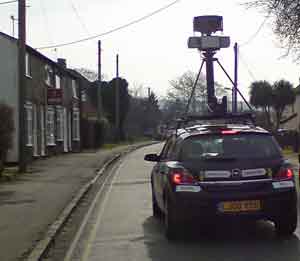There’s an interesting blog article on the Economist website. It’s quite long article somewhat self-serving in the Economist world view but it does have a good section at the end on middle-class hypocrisy about globalisation.
I’ve always been sceptical about globalisation and global capital in particular because of exactly what the supposed Brexit backlash was about, although I tend to think that the Brexit backlash is in the imaginations of middle-class handwringers who can’t bring themselves to believe that their compatriots include rather a lot of, not to put too fine a point on it, xenophobes, if not racists.
It’s because, unless the Chinese model is followed, political power is still (no matter what misinformation Brexiters come out with about the EU superstate) vested in national institutions — and until you take the franchise away from the population then they will react when they realise they’ve been shafted. According to the article in The Economist that shafting is likely to happen to what they call the Narcissistic Cosmopolitans pretty soon.
To quote an interesting section from the end of the blog post: “Passing exams gives you an opportunity to enter a world that is protected from the downside of globalisation. You can get a job with a superstar company that has constructed moats and drawbridges to protect itself from global competition. You can get a position with a middle-class guild that has constructed a wall of licenses. You can get a berth in the upper-end of the state bureaucracy or a tenured job in a university. Exam passers combine a common ability to manage the downside of globalisation with a common outlook—narcissistic cosmopolitanism— that they pick up at university and that binds them to other members of their tribe. “



